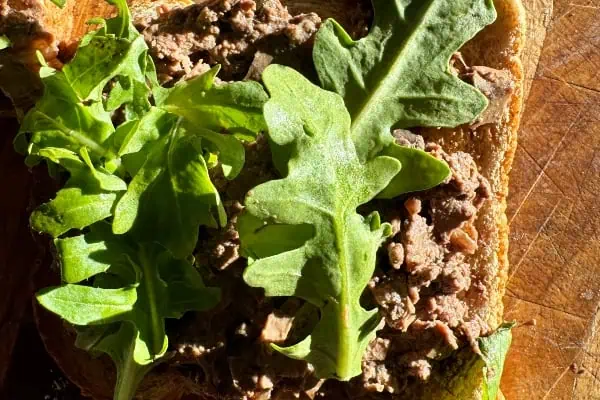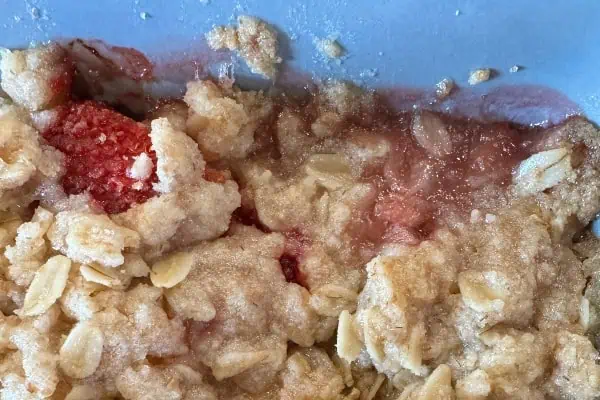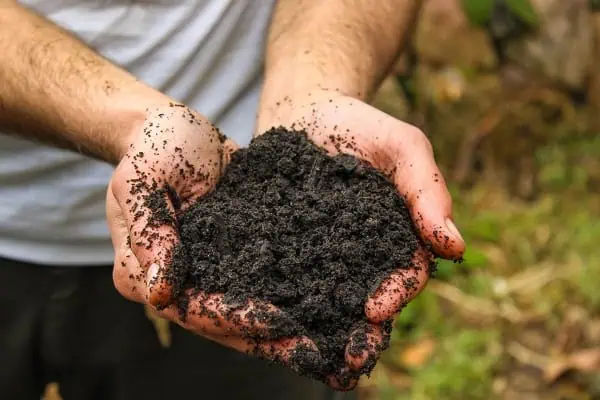Want to proudly face your beer bottle label forward at parties this summer? Purchasing an organic beer is one way to do just that.
When it comes to the environmental impact of drinking beer, the three biggies are transportation of product and ingredients, water consumption and the production of ingredients.
We will hit up the first two later, but for today let’s chat about the production (and inclusion) of brewing ingredients, and the choice of certain breweries to use those that are certified organic.
Which label means what?
OK, this stuff gets heavy, so for all intents and purposes, Canada’s Organic Production System Standards and the US Department of Agriculture have the same strictly enforced regulations for certifying and labelling organic beer. Rest assured that the certification includes both the raw product and its processing.
There are three main players:
1. “100% Organic”: this means exactly that. One hundred per cent, the Real Deal. (This term is only used for US brews.)
2. “Certified Organic”: this means that the product must contain 95 per cent organically produced ingredients. The other five per cent has to be on an approved “non-organic” list. (This is Canada’s gold standard.)
3. “Made with organic ingredients”: this means that at least 75 per cent of the ingredients have to be organic, and the organic components must be identified on the list of ingredients.
OK, so you’ve read the label for the percentage of organic ingredients. What are we looking at?
GRAIN
After about the 1950s, the commercial methods used to produce cereal grains needed to be modified in order to match the public’s growing demand. This resulted in the quick fix of adding oil-derived fertilizers; sewage sludge; synthetic herbicides, insecticides and fungicides; and the use of genetic engineering and growth regulators to guarantee a robust harvest with a quick turnover. Super cool.
In short, certified organic farming prohibits the use of any of the above and regulates their use in the “approved non-organic” list.
HOPS
Tracking down organically produced hops is a little harder than getting the grain. Hops are a bit of a diva when it comes to weather conditions and are extremely susceptible to fungus.
There have been a couple of years when poor crops (due to outbreaks and/or weather) have led to world hop shortages and full-fledged panic amongst the brewing community.
To minimize one of these variables, large quantities of synthetic fungicide and fertilizers are used to keep the fungus at bay. Cha-ching.
With the organic beer market increasing 21 per cent from 2007 to 2008 in the US, organic hop farms are on the rise. Currently, New Zealand and China seem to be running the Organic Hop Show, but it has a long way to go before it catches up with its non-organic counterpart.
OK, BUT … TASTE?
Very much the same debate as organic food, the jury is out on whether or not beer made with organic ingredients tastes better than beer produced with the use of agrochemically treated grain and hops.
Some say that while ingredients count, it matters more how you treat them (during brewing). Others say that organic beer tastes cleaner and allows for the uninhibited flavour of all ingredients.
So whether you do it for the taste, your health, sustainability issues, ethics or a bit of all four, start asking at the liquor store. Currently, there are only a couple of organic brands available, but don’t be afraid to clamour for what you want … they won’t know to stock it if you don’t ask.
Please enjoy this article responsibly.




